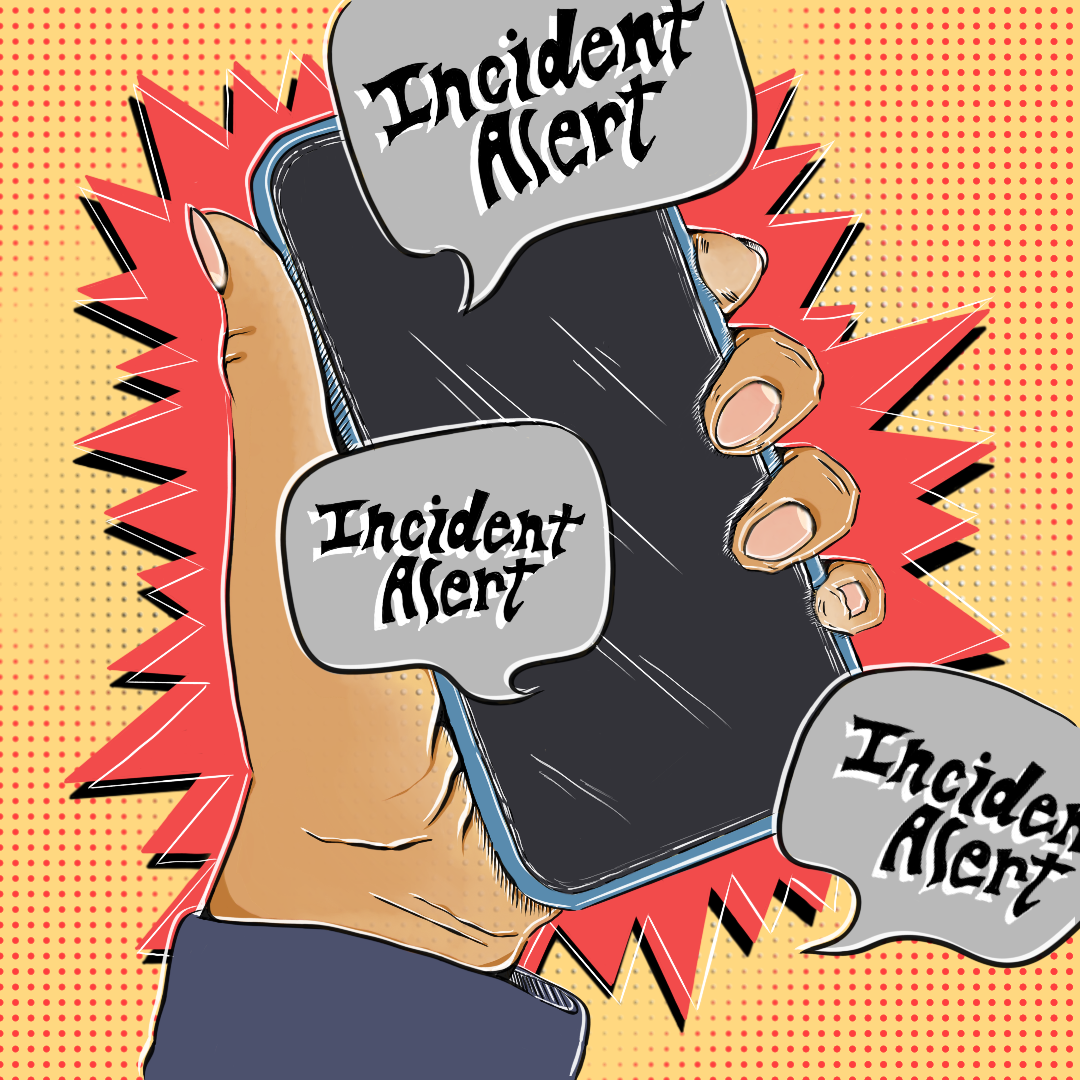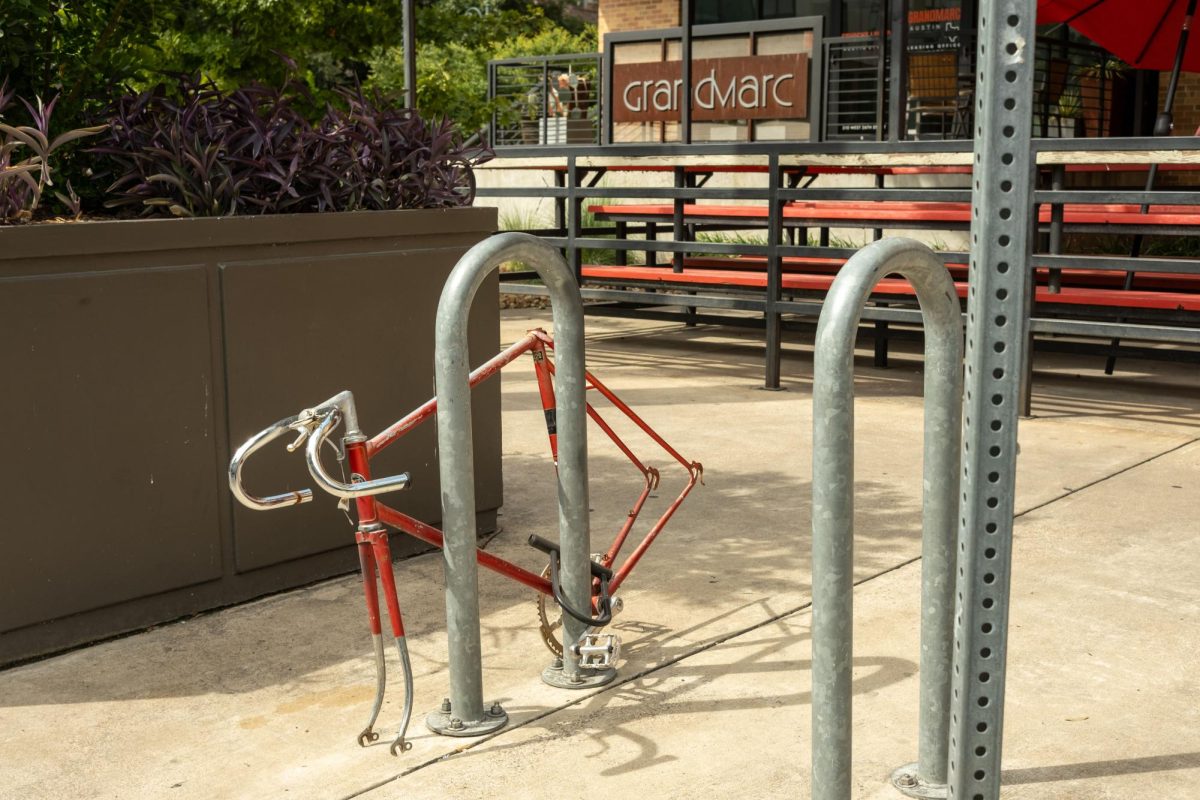Anyone on campus can send anonymous tips to the UT Police Department. It is up to UTPD detectives to decide what to do next.
Anonymous tip reporting is available to students, staff and faculty through UTPD’s website, where tips are sent via email to the Investigations and Analysis Division. UTPD Chief David Carter said officers look at every tip that comes in and respond based on the amount of information and the severity of the threat.
“The vast majority of the tips don’t result in necessarily somebody being arrested, but they actually will help us in terms of awareness,” Carter said. “Sometimes we will get multiple tips that relate to the same thing, so while the information may not be all encompassed within one tip, it gives us an idea where there’s some area
of concern.”
Carter said he hopes that by increasing community contact and trust, students will be comfortable providing information with more details and more directly.
“The issue of anonymous tips really is that sometimes, especially in a young student community, (students) may be not comfortable in contacting the police,” Carter said. “We hope to break down those kinds of barriers in the future … so that people are comfortable in sharing information with us … and recognize that we’re not going to run rough shot just because somebody gives a tip.”
Many tips UTPD receives concern behavior that could potentially harm someone, Carter said. Lt. Chris Miller, who oversees UTPD detectives and the Threat Mitigation Unit, said it is important for tips to have as much detail as possible.
“When reporting anonymously, providing … detailed information about the parties involved is imperative,” Miller said. “An anonymous tip that is too vague or lacks too many details is very difficult to
follow up on.”
Once a tip is sent to the Investigations and Analysis Division, a detective reviews it and decides to follow-up on it when appropriate by either sending an email, making a phone call or opening an investigation, Miller said.
Miller provided an example of how an anonymous tip about a physical assault allowed UTPD to apprehend the suspect immediately.
“The anonymous tip informed us before the victim was able to, and we were able to put the victim in touch with Student Emergency Services and provide counseling options earlier than we would have been able to without the tip,” Miller said.
While there could be a risk of false reporting to the anonymous tip line, theatre studies sophomore Indira Rampersad said she would rather have this system in place so that police can investigate threats that turn out to be real.
“Recently, I went to a (Texas Performing Arts) safety training meeting, and one thing the police assured us of was that they’d rather investigate something and have it turn out to not be real rather than not have something reported that is real,” Rampersad said. “Even though there is risk of false reports, I think it’s still something that needs to be in place anyway so that those real ones can still come in and just be sorted out.”





















